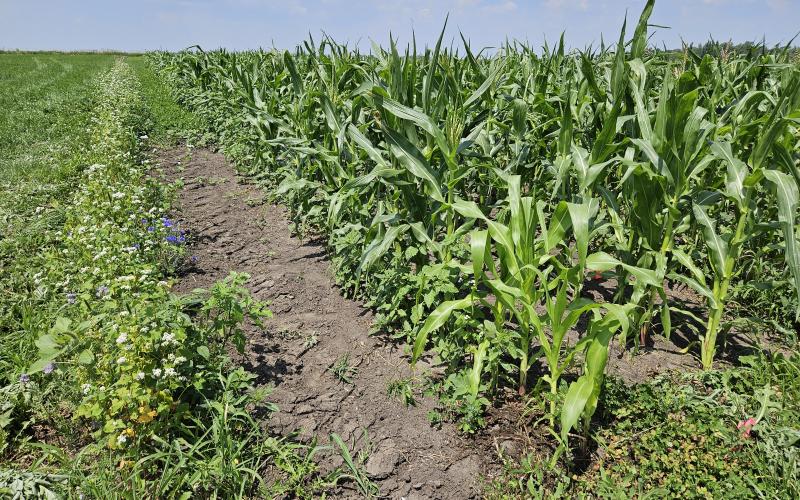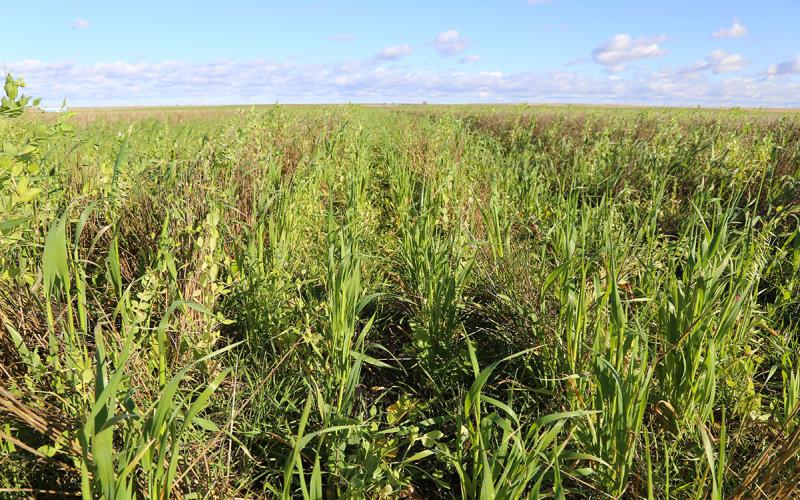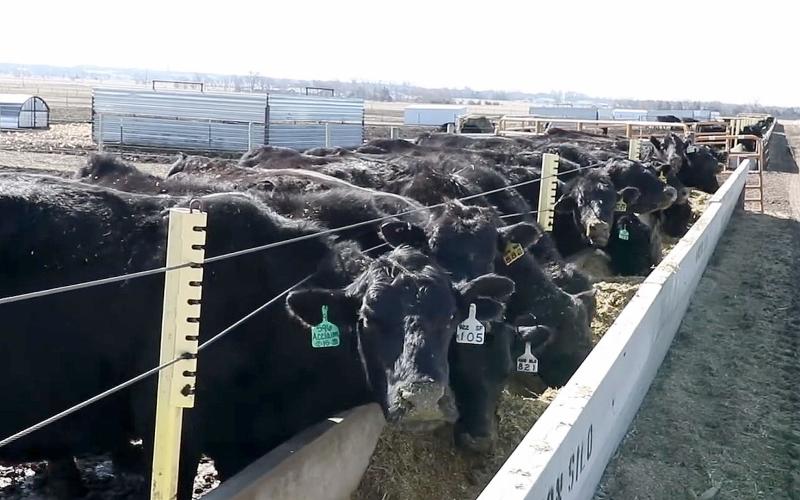BROOKINGS, S.D. – There will be an environmental training session for operators of Concentrated Animal Feeding Operations (CAFOs) on Dec. 6, 2023, at the Crossroads Convention Center in Huron.
Registration starts at 8:30 a.m. with the program following at 8:45 a.m. and concluding at approximately 4:45 p.m.
Specialists from South Dakota State University Extension, the South Dakota Department of Agriculture and Natural Resources and the United States Department of Agriculture Natural Resources Conservation Service are offering the training.
“Past attendees of this program have come away with at least one new practice they consider adopting related to land application, livestock feeding, air quality or soil conservation,” said Bob Thaler, distinguished professor and SDSU Extension Swine Specialist.
As one of the day’s presenters, Thaler will speak on livestock nutrition options for altering the nitrogen and phosphorous content of manure. SDSU Extension Soils Field Specialist Anthony Bly will talk about managing nitrogen and phosphorous in land applications of manure and Jason Gilb with NRCS will go over land application of manure worksheets.
Kent Vlieger, a soil health specialist with NRCS, will present on soil erosion and infiltration. Jason Roggow, a natural resources engineer for the South Dakota DANR, will discuss the DANR’s livestock permit program.
For water and air management, John McMaine, Griffith Endowed assistant professor and SDSU Extension Water Management engineer, will present on water quality and Xufei Yang, assistant professor and SDSU Extension Environmental Quality Engineer, will discuss air quality and odor.
To register, visit extension.sdstate.edu/events and search “CAFO”. Registration is $50 and includes lunch, breaks and training materials. The Crossroads Convention Center is located at 100 Fourth St. S.W. in Huron.
Training required for permit holders
In spring 2017, the South Dakota Department of Environment and Natural Resources reissued the General Water Pollution Control Permit for CAFOs. The permit requires existing permitted operations to obtain coverage under the proposed permit one to four years after the general permit is issued.
One of the proposed permit conditions for existing permitted operations is that an onsite representative attends an approved environmental training program within the last three years prior to obtaining a new permit. Additionally, if the person who attended training no longer works at the operation, another representative must attend training within one year.
This training program meets the requirement of the proposed permit if they have attended the training after July 2017. Manure applicators, producers, concerned citizens, policy makers, county commissioners, zoning board officers and any other interested individuals who are not currently applying for a permit can also benefit from the information and are encouraged to attend.
For more information, contact Bob Thaler, distinguished professor and SDSU Extension Swine Specialist; or John McMaine, Griffith Endowed assistant professor and SDSU Extension Water Management Engineer.


